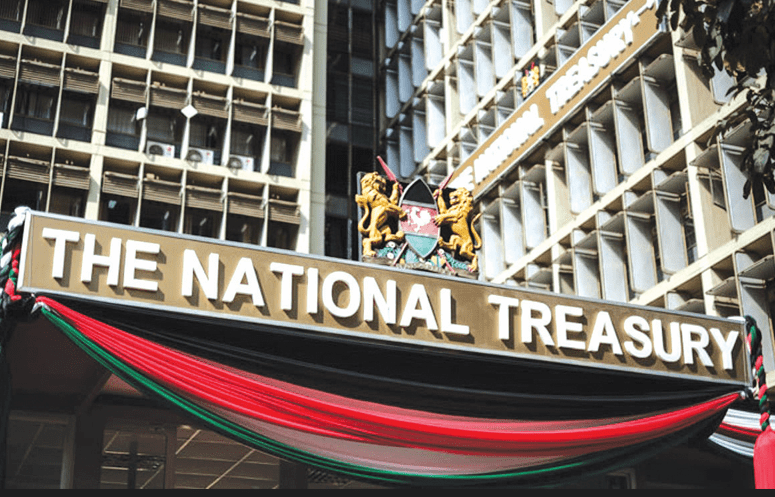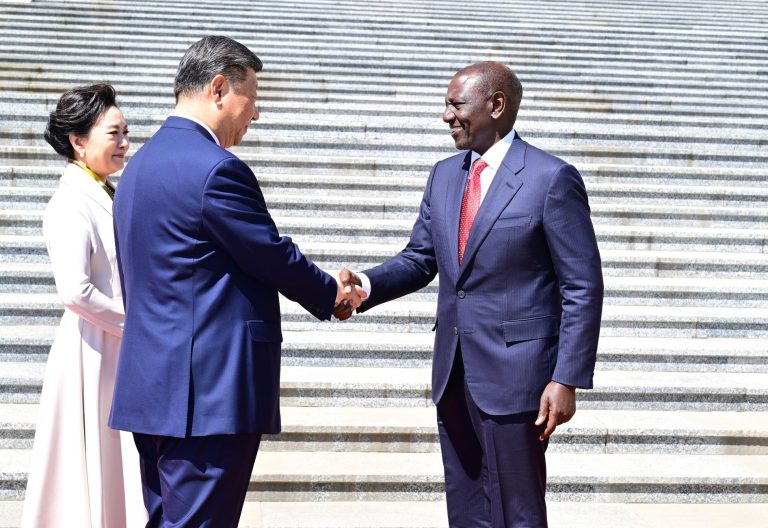Treasury should learn from US, set up media fund

If the media did not exist, it would be necessary to invent it as a safeguard for democracy, especially in a country like Kenya where the Executive is all too often caught up in schemes to roll back human rights and make mincemeat of the Constitution.
Granted, there is hardly any love lost between the government and the media, and the history of this antagonism dates back a long time, so it is not something that started with the Ruto administration. However, it is important for this administration to take a deep breath, bite the bullet and set up a media fund, a bailout similar to what the Bush administration came up with to save the auto industry in 2008 and what President Barack Obama did for banks in the US mortgage market not long after.
For context, both crises precipitated massive job cuts, an economic meltdown that reverberated across the world and left millions of Americans in the pits of poverty that took years to recover from. And when the two administrations took the hard decisions to bail out the two industries, they did not do so because it was the rational thing to do, but because it was necessary.
Various administrations – from Daniel Arap Moi’s to President William Ruto’s – bailed out the sugar and coffee sectors, as well as the deeply indebted and loss-making national carrier, Kenya Airways. These were not rational decisions. If sugar factories were milling and selling sugar, if coffee was sold in dollars and if KQ planes were crisscrossing the globe, why did they need, or deserve bailouts?
To answer these questions, one must weigh between two or more evils. Do we let the industry die, because bad managers stole farmers’ money and KQ engaged in loss-making fuel hedging? If we were to let them die, what would be the consequences? Where would we get the sugar? Where would we get the dollars? And where would we get the pride of having a national carrier flying Kenya’s colours? How many ordinary people would be affected if we decided to wring our hands and wait for the embattled industries to find their way back to profitability and efficiency?
The decisions that successive governments took after wrestling with these questions were informed by the need to keep large swathes of the population working and forestall political fallouts and economic meltdowns. In a word, they were taken because the government felt that saving the industries would guarantee their self-preservation. They were, in the final analysis, selfish rather than rational decisions.
This is the kind of decision I am inviting the Ruto administration to make with respect to the media. It may regard the media as evil, but it must qualify that perception by accepting that the media is a necessary evil. As such, a decision to set up a media bailout fund ought to be informed not by rationality but by necessity. It will be much more profitable in the long run for the government to work with legacy media than allow it to sink due to high levels of indebtedness, internal inefficiencies – including fraud by managers – disruptions caused by changing technology and media consumption trends and, equally important, failure by the government to settle the large amounts of bad debt it owes media houses.
Politicians should remember that when journalists fall out of work in large numbers, they usually turn to politics. And we have three short years to the next election, so they should expect more of us to fight for space on the ballot. Secondly, it is easier to regulate – and work with – mainstream legacy media than with the plethora of social media actors and actresses who have no respect for rules of engagement.
As such, they ought to advise the National Treasury to make the necessary, self-preservatory but irrational decision to set up a media bailout fund, with beneficiaries paying back any money received once they become profitable. The alternative is political pain and social media chaos. Let them take their pick; they have expensive watches, but they don’t have much time.
— The writer is the Editor-in-Chief of the Nairobi Law Monthly and Nairobi Business Monthly-











